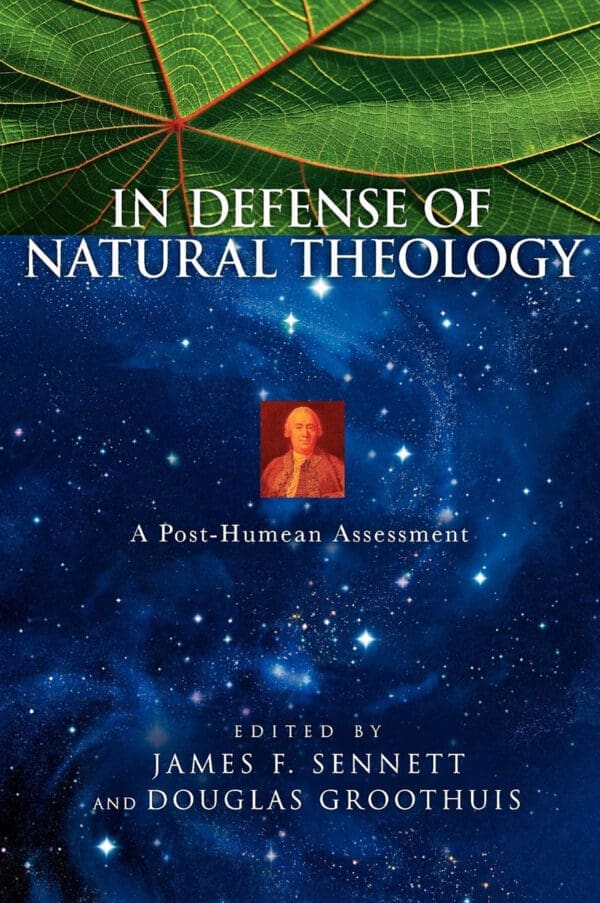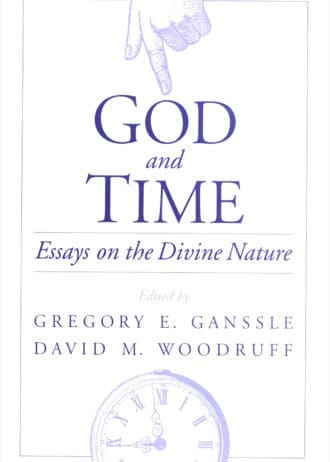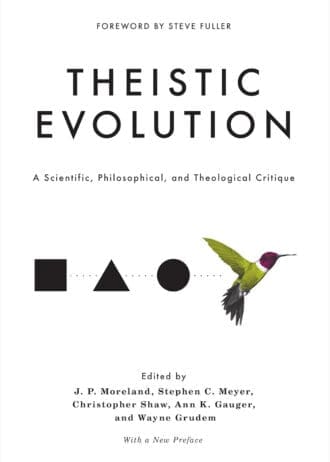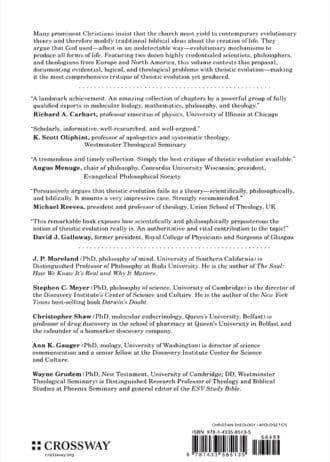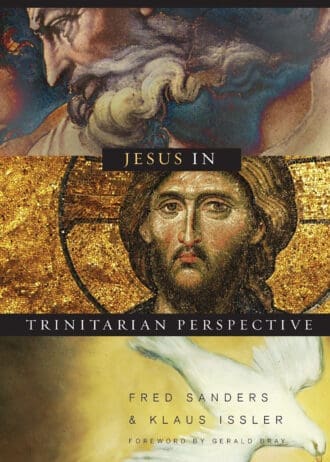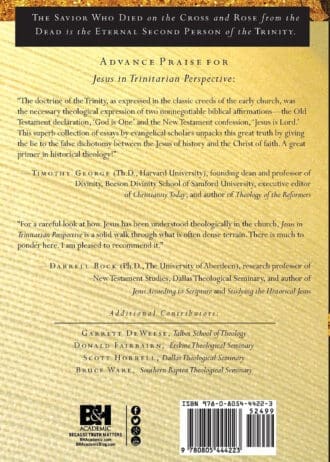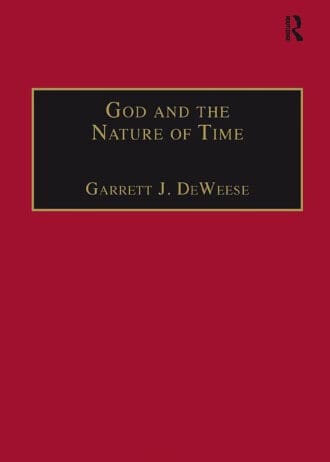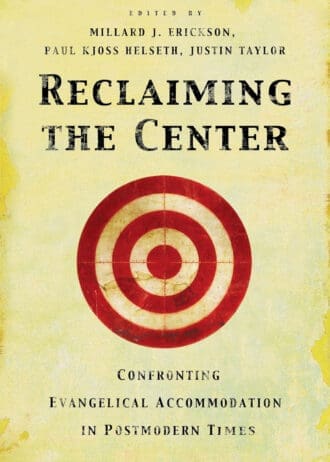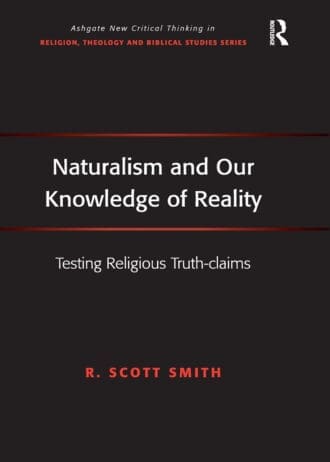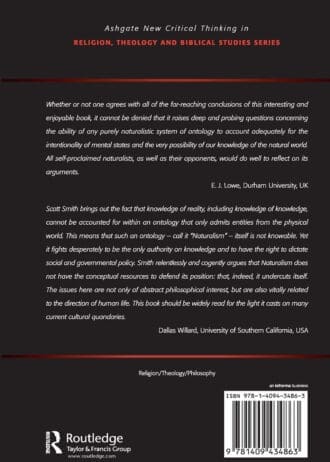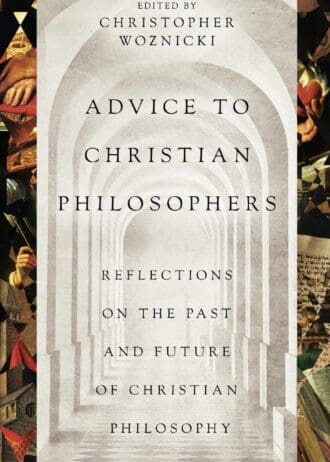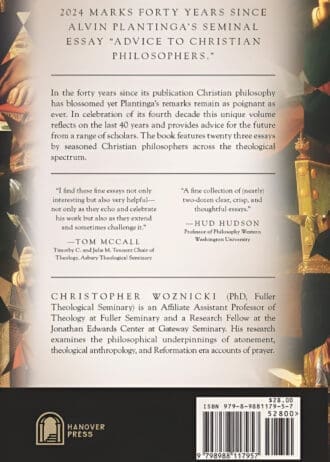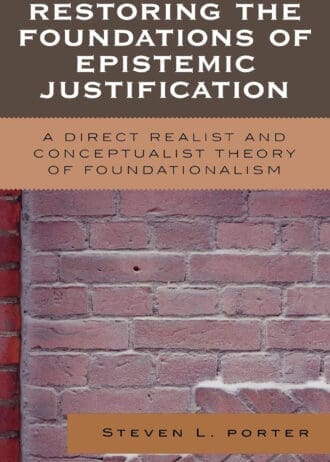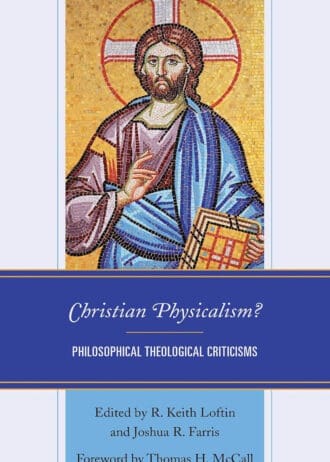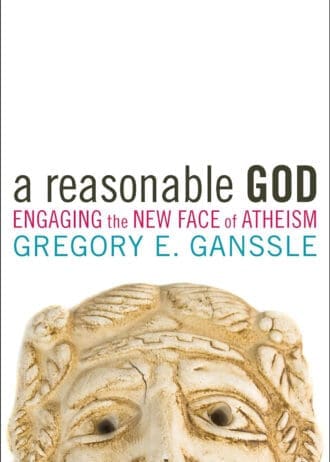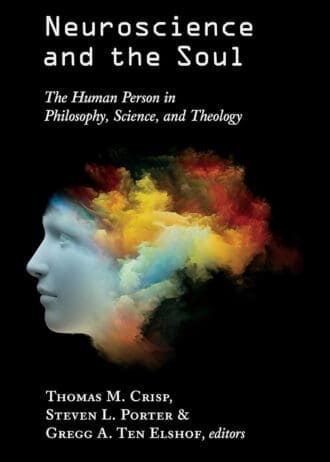The shadow of David Hume, the eighteenth-century Scottish philosopher, has loomed large against all efforts to prove the existence of God from evidence in the natural world. Indeed from Hume’s day to ours, the vast majority of philosophical attacks against the rationality of theism have borne an unmistakable Humean aroma. The last forty years, however, have been marked by a resurgence in Christian theism among philosophers, and the time has come for a thorough reassessment of the case for natural theology.
James F. Sennett and Douglas Groothuis have assembled a distinguished team of philosophers to engage the task: Terence Penelhum, Todd M. Furman, Keith Yandell, Garrett J. DeWeese, Joshua Rasmussen, James D. Madden, Robin Collins, Paul Copan, Victor Reppert, J. P. Moreland and R. Douglas Geivett.
Together this team makes vigorous individual and cumulative arguments that set Hume’s attacks in fresh perspective and that offer new insights into the value of teleological, cosmological and ontological arguments for God’s existence.
Editorial Review
This collection of fourteen essays provides a focused challenge to Hume’s legacy in natural theology. Given the renewed interest in questions raised for Christian thought by science, and the proliferation of efforts among theologians to either defend or deny explanatory systems like intelligent design, this philosophic endeavor is an important one.
Charlene P. E. Burns, Teaching Theology and Religion, September 2008

